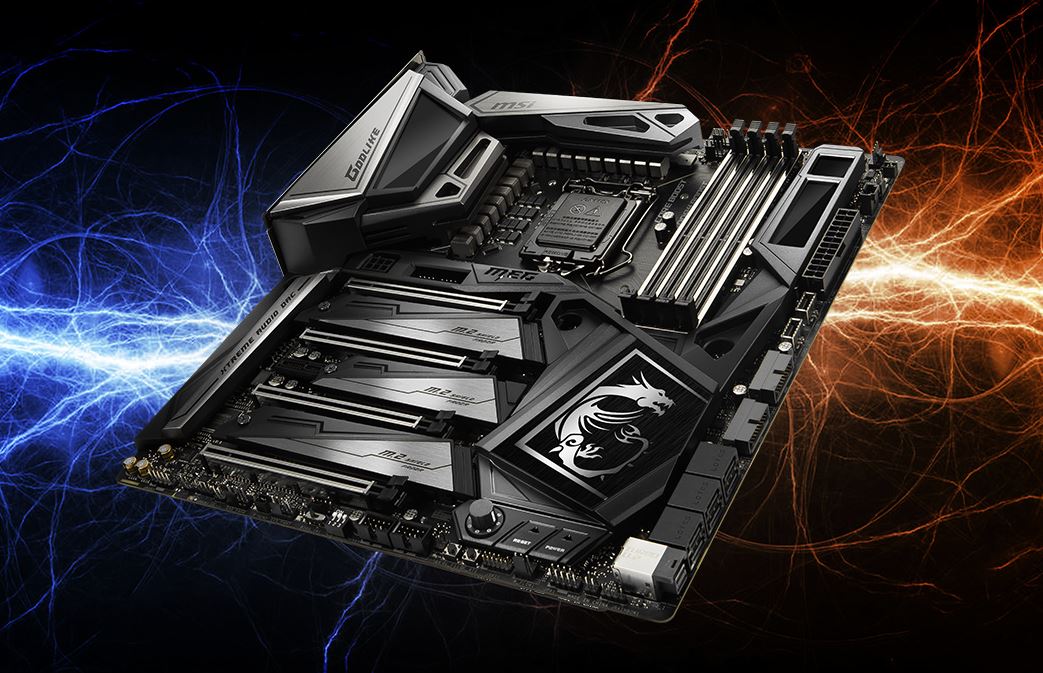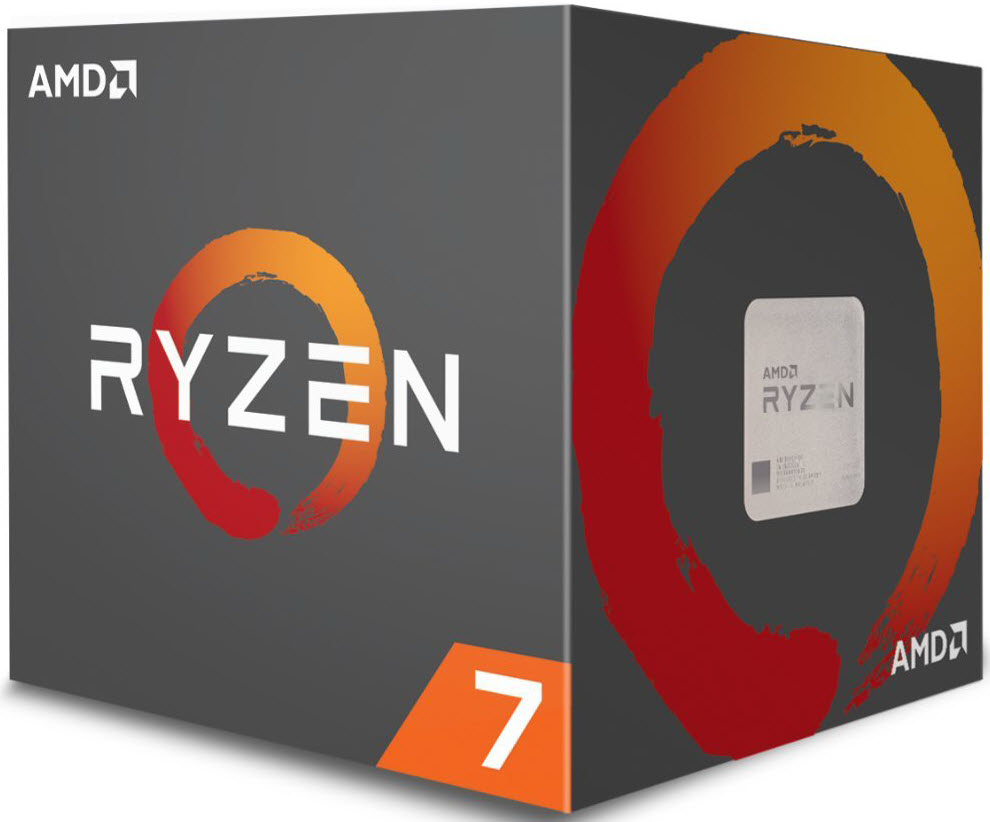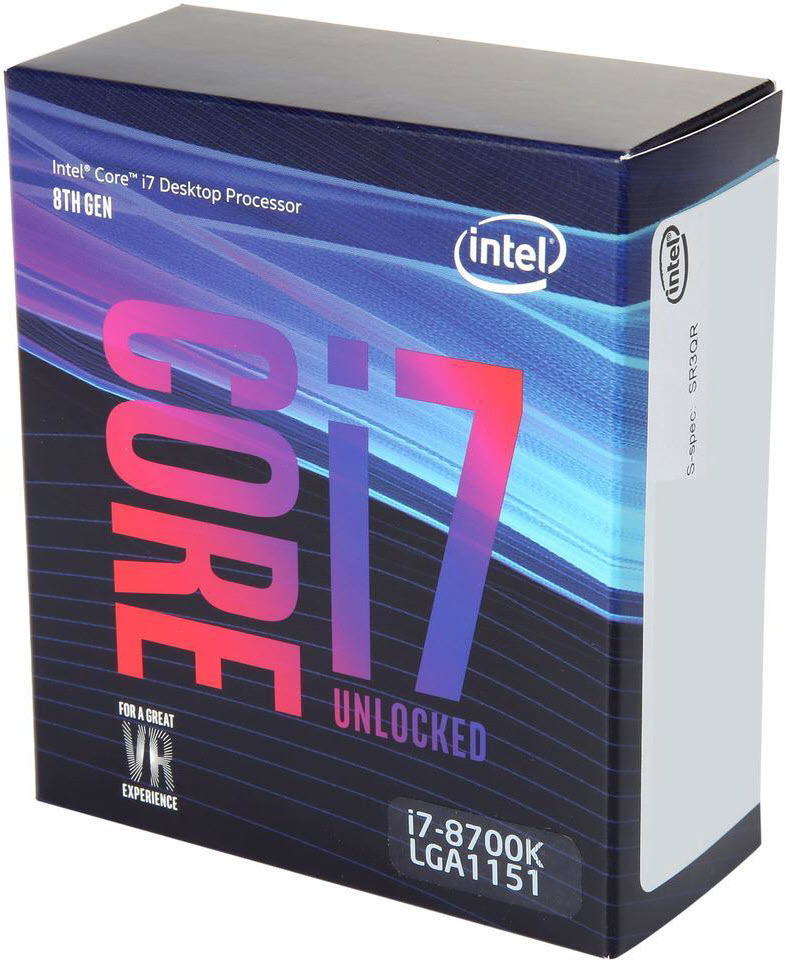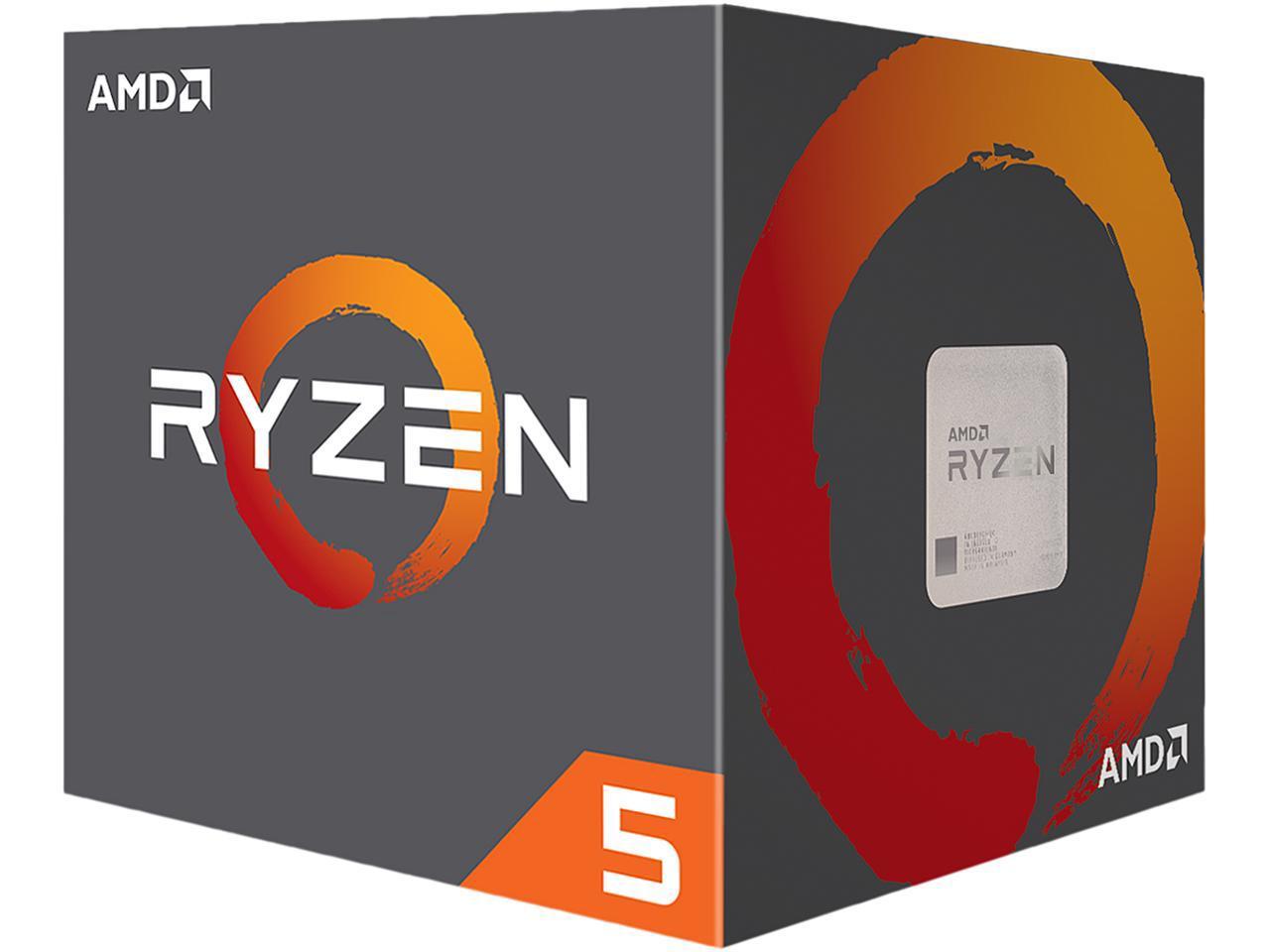Intel Core i5-9600K Review: A Mid-Range Gamer's CPU
Why you can trust Tom's Hardware
Overclocking, Power, and Test Setup
Power Consumption
Measuring the power consumption of modern CPUs can get tricky. But as long as your 12V supply (EPS) readings, motherboard power supply sensor values, and voltage transformer losses plausibly coincide, everything should be fine. Therefore, we're reporting pure package power to avoid possible influences from our motherboard. Results from the PWM controller are very reliable if you take them as averages over a few minutes.
We conducted this round of testing in our U.S. lab, and our results are not directly comparable with numbers from the German lab used in previous reviews.
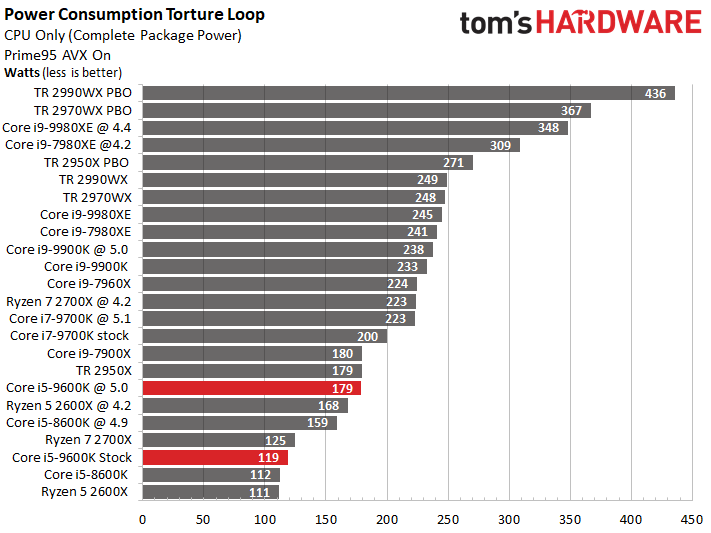
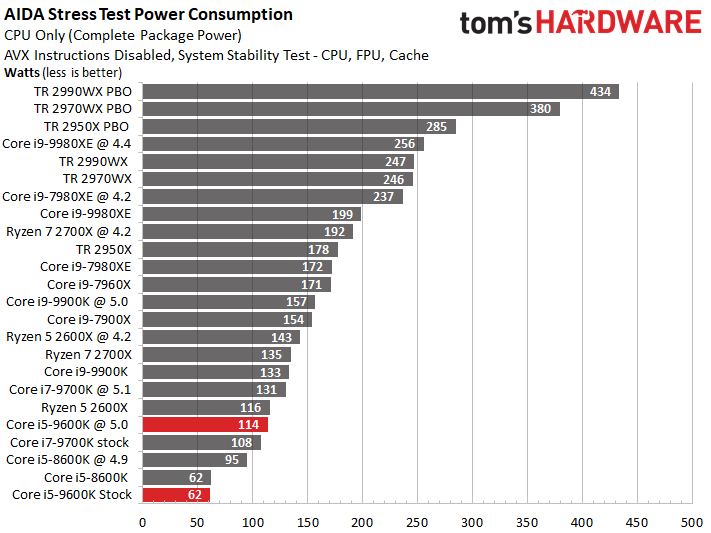
As expected, the Core i5-9600K exceeded its 95W TDP at stock settings. Remember, though: that figure only applies to the base frequency, and it doesn't reflect power consumption during Turbo Boost activity.
Regardless, the stock -9600K's 119W (under the influence of AVX-optimized code) and 62W (in a non-AVX workload) measurements didn't raise any alarms. We saw a peak of 179W during an AVX-optimized workload with the processor operating at 5 GHz, but that was about what we expected from it.
Overclocking
We tapped Corsair's H115i v2 to test our Core i5-9600K, which gave us enough headroom to run at 5 GHz with 1.36V Vcore and Auto Load Line Calibration settings. An AVX offset wasn't needed; our sample maintained ~80°C during AVX workloads. The temperature only reached ~64°C during non-AVX workloads.
Although some Core i5-9600K CPUs reportedly run stable at up to 5.2 GHz, we aren't comfortable pushing our chip beyond the "safe" 1.35V limit.
MEG Z390 Godlike
We're using MSI's MEG Z390 Godlike as our test platform for all Intel processors. This pricey board sells for $600, but has the power delivery subsystem to support aggressive overclocking.
Get Tom's Hardware's best news and in-depth reviews, straight to your inbox.
MSI's motherboard imposes a 100.8 MHz base clock. Its extra 0.8 MHz serves to push overclocks even harder, though our motherboard review team would probably call it cheating. Consequently, our 5.1 GHz overclock is actually 5.14 GHz. Stock frequencies aren't spared, and there is no way to adjust the BCLK down to remove MSI's self-awarded advantage. Meanwhile, we are waiting on a solution from MSI that should allow us to dial in an exact 100 MHz BCLK.
The MSI MEG Z390 Godlike sits at the top of MSI's motherboard hierarchy. It has a decked-out 18-phase power delivery subsystem that's designed to squeeze every drop of performance out of Intel's new processors. It also comes with a few nifty accessories like an M.2 PCIe riser card and an HDMI streaming card.
Comparison Products
| Test System & Configuration | |
| Hardware | Intel LGA 1151 (Z390)Intel Core i9-9900K, i7-9700K, i5-9600K, i7-8700K, i5-8600K, i5-8400MSI MEG Z390 Godlike2x 8GB G.Skill FlareX DDR4-3200 @ DDR4-2667 & DDR4-3466Intel LGA 2066Intel Core i9-7820XMSI X299 Gaming Pro Carbon AC4x 8GB G.Skill FlareX DDR4-3200 @ DDR4-2666, DDR4-3200AMD Socket AM4 (400-Series)AMD Ryzen 7 2700X, Ryzen 5 2600XMSI X470 Gaming M7 AC2x 8GB G.Skill FlareX DDR4-3200 @ DDR4-2933All SystemsEVGA GeForce GTX 1080 FE 1TB Samsung PM863SilverStone ST1500-TI, 1500WWindows 10 Pro (All Updates) |
| Cooling | Corsair H115i |
MORE: Best CPUs
MORE: Intel & AMD Processor Hierarchy
MORE: All CPUs Content
Current page: Overclocking, Power, and Test Setup
Prev Page The Core i5 Doldrums Next Page VRMark, 3DMark and AotS: Escalation
Paul Alcorn is the Editor-in-Chief for Tom's Hardware US. He also writes news and reviews on CPUs, storage, and enterprise hardware.
-
Tobias Claren How high can I overclock with intel boxed cooler?Reply
Or a cooler that fits in a mini itx case lake Silverstone Raven or similar (12 litres or less)?
